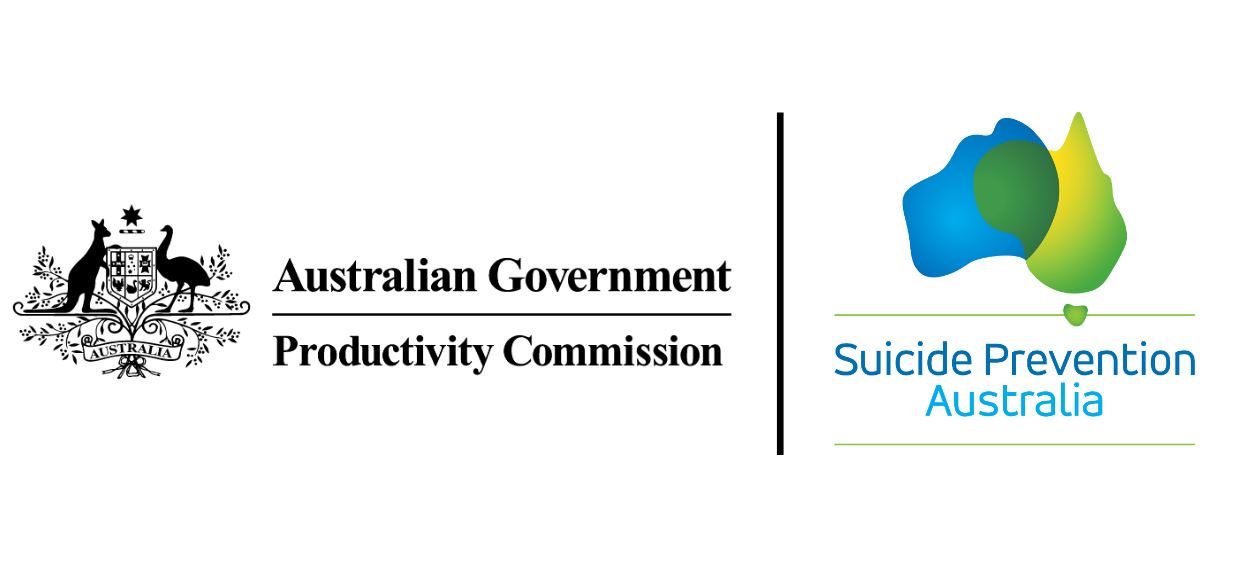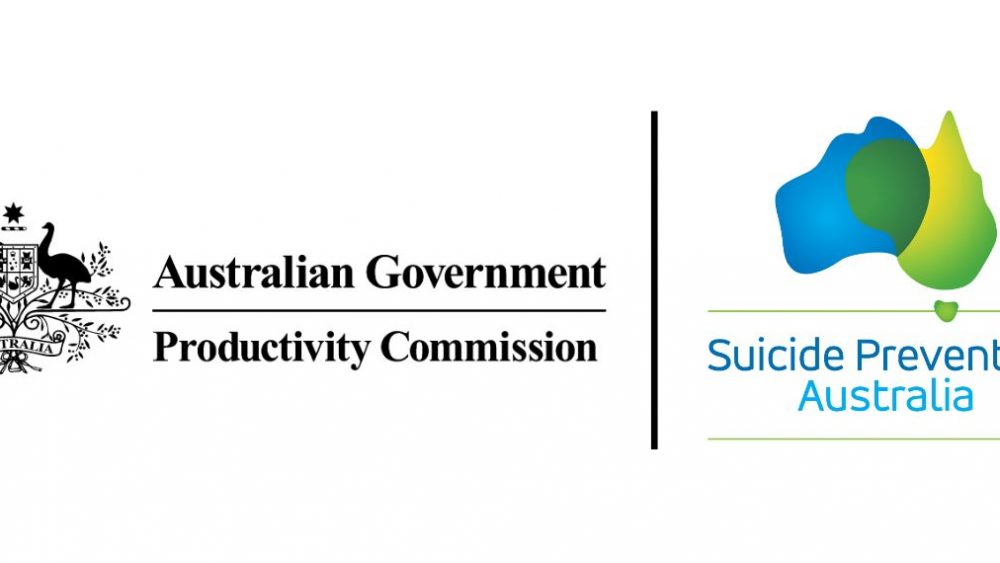The Productivity Commission Inquiry into the Mental Health system presents an unmissable opportunity for reform.
Taken together, the Commission’s Inquiry, the Commonwealth Government’s ‘Towards Zero’ ambition for suicide rates in Australia, the appointment of a National Suicide Prevention Adviser and the Mental Health Royal Commission in Victoria constitute a watershed moment for suicide prevention. The critical task for us as a nation and community is to take advantage of this opportunity and reshape the system to drive down Australia’s suicide rate.
Suicide Prevention Australia consulted with members to develop an in-depth submission to the Productivity Commission. Our members highlighted that there is room for an expanded program for reform in the Commission’s Final Report.
Suicide Prevention Australia’s National Policy Platform sets out a clear agenda for Government to pursue. We are advocating for systemic change across the three pillars of whole of government collaboration, workforce strategy and reliable data. This submission is organised primarily around these pillars, while noting the specific areas of information or reform highlighted in the Commission’s Draft Report. We have also included special commentary on areas of emerging suicide risk for the Commission’s consideration.
We believe that long term, systemic change is the best way to deliver a significant, meaningful reduction in suicide deaths.
A whole of government approach is the mechanism on which every other national suicide prevention strategy depends. While the Commission has recommended a rebuild of the mental health system, we are of the view the suicide prevention sector also requires fundamental reform. This is in recognition that up to one in five suicide deaths in Australia do not involve any co-morbidities, whether with mental ill health or other health issues.
We ask the Commission to consider a model involving a permanent coordination function by setting up a National Suicide Prevention Office. This resembles the centralised, cross-portfolio models applied by the Republic of Ireland and Japan: two nations that have seen a significant decline in their suicide rate over the past ten years.
Suicide Prevention Australia is proposing two key mechanisms for prioritising suicide programs and services for funding.
The first involves a National Gateway to Quality Improvement, a pathway from self-assessment to certification or accreditation which should be driven by the suicide prevention sector.
Suicide and suicidality is an intensely human tragedy, which is why the second mechanism we are proposing uses a human-centred approach to comprehensively map the journey through the suicide prevention system.
The second pillar of our National Policy Platform covers workforce strategy. Quantifying and properly training the suicide prevention workforce will provide our society with the means to assist in the lives of people even before they reach crisis point.
Having access to reliable, accurate data on who, where, why and how people take their own lives or might be at risk of doing so is absolutely crucial to designing suicide prevention strategies that work. We have responded to the Commission’s request for information on under-utilised data sets in detail, focusing on underutilised data on suicide, suicide attempts and psychosocial risk factors.
There is very strong evidence that attentive, high quality care after someone has attempted suicide can reduce the risk that they will attempt again. The recently announced $6 million Commonwealth Government investment to expand Beyond Blue’s Way Back Support Service to more areas is a welcome step in the right direction. We’d like to see aftercare available to every person who has survived a suicide attempt, so they have the help they need to recover and thrive.
Australia needs to take immediate action to drive down the rate of suicide experienced by our First Nations. We agree with the Commission that there should be a new national suicide prevention strategy for Aboriginal and Torres Strait Islander peoples. While the strategy is being developed, we believe Aboriginal Community Controlled Health Organisations should receive the resourcing they need to strengthen their key role within Aboriginal and Torres Strait Islander communities.
Finally, we’ve asked the Commission to consider solutions to addressing two emerging areas of suicide risk first highlighted in our 2019 Turning Points white paper (Suicide Prevention Australia 2019). We believe Government needs to act to curb the ‘shadow’ debt market which has a significant impact on the financial and emotional wellbeing of people who are over-indebted. Workers in the gig economy also need more support to navigate their role in the changing economy, while gig economy employers should be encouraged to take on greater corporate social responsibility.
More broadly, we agree with the National Council of Social Services that we need to see an increase to Newstart so that people experiencing the challenges of employment insecurity can meet their basic needs and have the support they need to find meaningful work.
We welcome the scope of the Productivity Commission’s Draft Report, as well as the Commission’s openness to new ideas for reform. We are confident the measures we have proposed in this submission will help shape the Final Report into a prime tool for Government and the sector to make real progress on a Toward Zero suicide rate.
Together, we can achieve a world without suicide.
Read the full submission here.




Comments are closed.